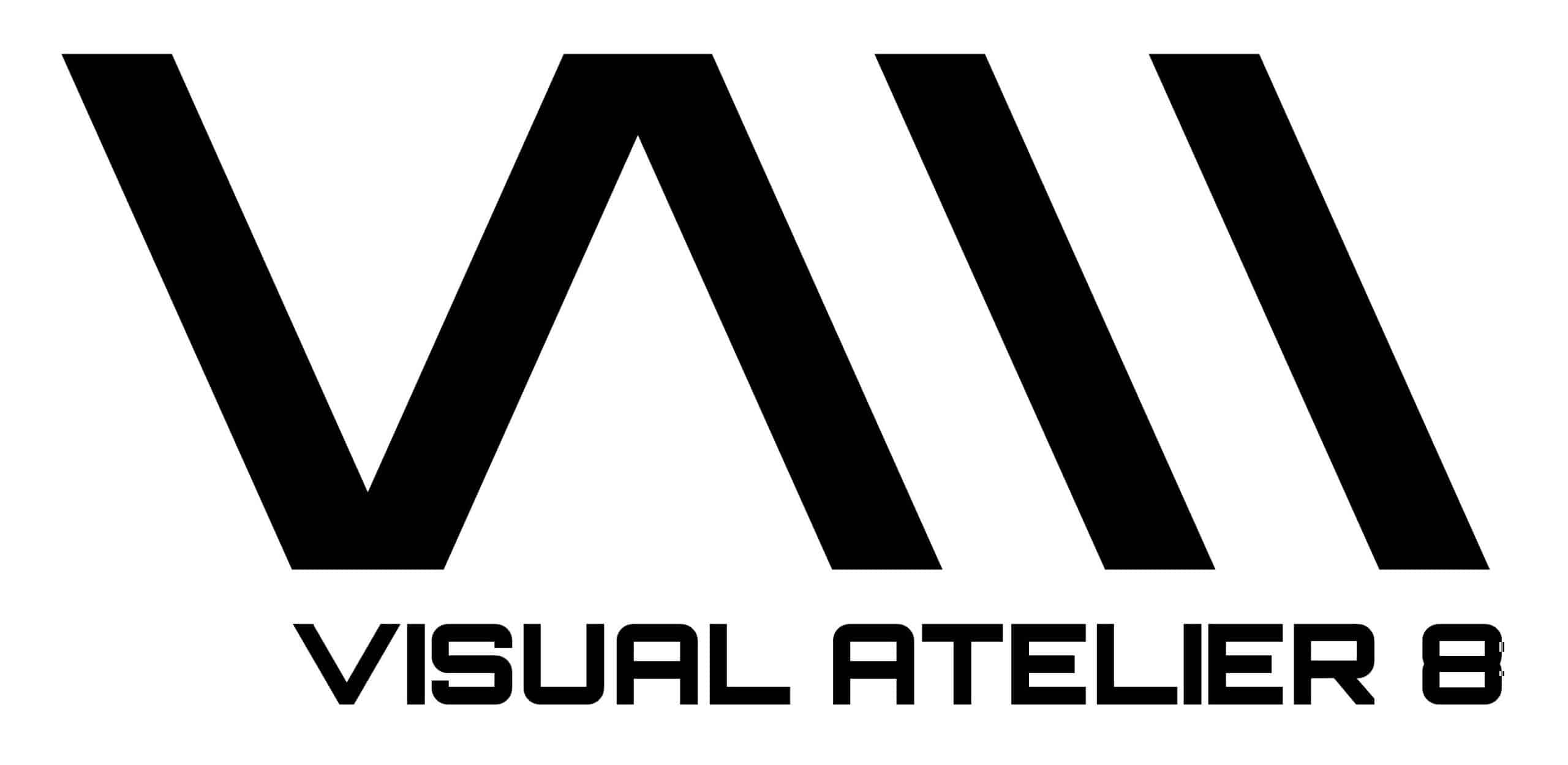
Al Mefer is an artist and neuroscientist based in Alicante, Spain. He makes us experience the world differently, by using our imagination. To picture his illusionary scenes, Al chooses a particular colour palette which stimulates the human brain perception. Defined also “alien photography”, his works emphasise artificial worlds dominated by a solitary aura. The artist approaches societal challenges such as climate changes and overpopulation seeking for a possibility of future humanity to dominate other planets.
Being a neuroscientist has influenced your artistic expression? If yes, in which way?
Yes, it has. Neuroscience studies all sorts of processes in the brain, including perception and art creation. From how we process light to how we remember. This knowledge filters in my work both conceptually and aesthetically. I specially enjoy reading the literature on neurological cases: patients who can’t identify people by their faces or patients who have their brain split into two and have a half of their body acting on their own. These readings make me think of other possible ways of experiencing the world, which I try to depict in my series.
Your images are dominated by a loneliness aura. Are you a solivagant? To what point do your works mirror your personality?
I adore to be among people. I believe the power of a good conversation has very few competitors. Discussing ideas and sharing them is a wonderful thing to do. So, in general I’m a social person. However, it’s true that I enjoy doing things you do on your own (drawing, reading, photography…) and I spend a lot of time alone doing these. Although it’s even better to share the room with someone else. I just need some silence. My work involves meditations about the future, the mind and how we interact with the world. In general, these are topics I’m concerned about and this is my way to express it.


To compose your photographs as illusionary scenes you are employing a lot of imagination. How do you stimulate it?
I try to nourish myself with almost whatever I find. Books, paintings, music, movies, science, installations, illustrations… I think you come up with interesting things to say when you expose yourself to different issues and views of the world. An artist needs to be someone at the forefront, changing society. This is what I aim to be part of the best I can.
Does art mean to you peace or inner struggle?
I find myself in peace when I’m creating something, but most of times I do it because it helps me deal with the world and soothes me like nothing does.
The creative process represents for you a sort of meditation, in which you free yourself from emotions. Do you think feelings are an obstacle for humans in reaching their goals?
Emotions are drivers of motivation. Most of times we do something because it’s exciting for us or because something saddens us and we want to make it better. But emotions can sometimes fog our thoughts and become an obstacle. Emotions are generally a good thing as long as we know how to deal with them, which is a big issue in our society.
What frustrates you most as an artist?
Needing more time.


Conceptually talking, the human brain is a theme that fascinates you a lot. How would you define consciousness?
Now that’s a difficult question. I’ll paraphrase Giulio Tononi in saying that it’s experience; the presence of something rather than nothing. For instance, perceiving darkness and silence, although it’s the absence of light and sound, is a conscious experience. You need vision and audition to experience them, and not having these capabilities does not equal the absence of the energies that stimulate them. Consciousness is something thought to be very complex, but one can have a relatively simple conscious experience such as “there is light”. Furthermore, consciousness is graded and so it may be present in systems we consider “simpler”.
The alien feelings your images arise in the public are enhanced also by the use of particular colors. Please explain us how exactly they excite our sight biologically?
There’s quite a few levels of color perception, from cones in the eyes to the associative cortices. But I don’t believe these are so important to explain how colors in my pictures are psychologically processed as much as semantic memories. We know that certain objects usually are of a certain color. When this regularity is violated and something is seen in a color that is both infrequent and biologically salient (as red is in blood or pink hues in the skin), our attention is drawn to these images in ways we never experienced before.


One of your recent works “Alien Architecture” explores the possibility for people to settle other planets. A today threats for Earth inhabitants is the climate change. Do you think Governments are taking enough actions to deal with this issue?
Not at all. I recently attended a talk on climate change that delivered the idea that even if we accept climate change is occurring and simply try to stop its evolution at this stage we’re far behind. We’d need to change our policies and habits radically and very few politicians bringing this issue to their voters. They just prefer to distract us making us believe our problems are someone else’s fault.
Does your photography mean to be also politically and socially reflective?
Absolutely. I want my photography to bring up the issues of the current state of humanity. It excites me to see my images promote discussions about climate change or depression. That’s what art is about.
Are you optimistic about the future of humans? Should we worry more about advanced technology taking over or natural disasters?
I think we have more and better information now. It’s difficult to digest it and choose the right sources, but in general I believe it’s democratising knowledge. This is something generally good for our consciousness of global problems, to become more empathetic with animals and people who have different conditions and to our understanding of the world. I believe this has an impact on us as citizens, becoming more aware of our problems and therefore requiring us to face them.
Ask us a question.
Will artificial intelligence be conscious?


All images, courtesy of artist: Al Mefer

